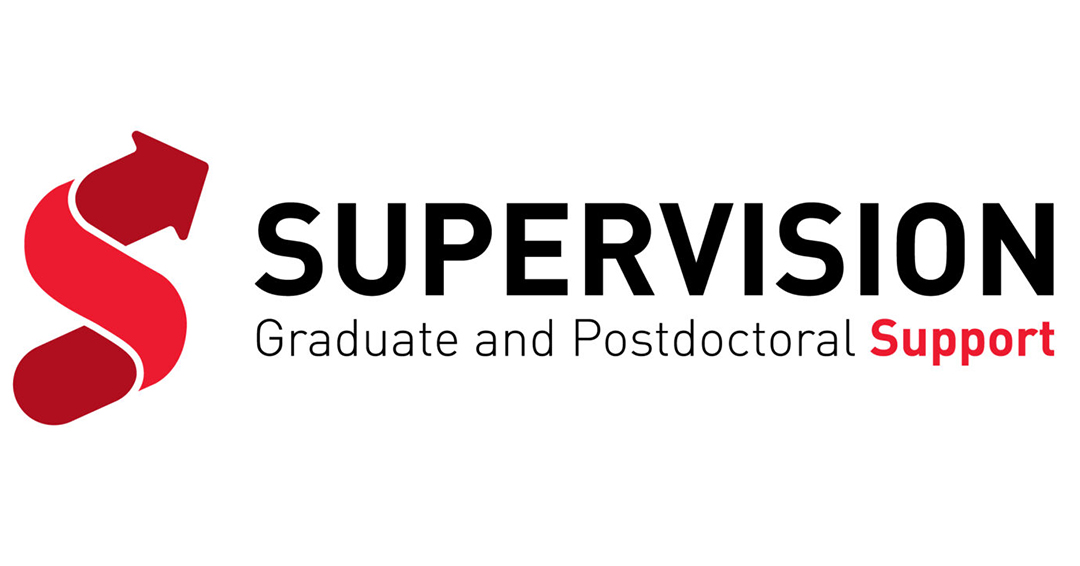
“We know just how important good supervision is for graduate student success, completion times, and well-being,” says Josephine Nalbantoglu, Dean of Graduate and Postdoctoral Studies
Anyone with a connection to a PhD student knows that the relationship with the thesis supervisor is the backbone of a positive graduate student experience. The supervisor plays a key role at all stages of graduate studies, from choosing courses to the writing and final defence of the thesis. For many, the supervisor continues to be a valued guide, mentor, and collaborator for years after the student’s program has come to an end.
Quality supervision at McGill
Given the long-term and multi-faceted character of the professional relationship between supervisors and supervisees, it’s not surprising that research (including this study from McGill researchers) on PhD student experience places graduate supervision as the major factor influencing PhD success and satisfaction. According to the 2022 CGPSS (Canadian Graduate and Professional Student Survey) results, 86.7 per cent of McGill PhD students and 86.5 per cent of Master’s Thesis students agreed that their supervisor “overall, performed the role well.”
“We know just how important good supervision is for graduate student success, completion times, and well-being. Ensuring good supervision has always been a high priority for me as Dean of GPS, and we have launched many initiatives over the last few years to support the supervisory relationship,” says Dean of Graduate and Postdoctoral Studies (GPS), Josephine Nalbantoglu, PhD.
The initiatives include mandatory orientation for both supervisors and supervisees through short asynchronous courses available on myCourses, information sessions on Supervision Basics for newly admitted students at Graduate Orientation, and the Supervision Series of workshops offered by Teaching and Learning Services. All this programming is anchored in an accessible and comprehensive online resource, the website Supervision: Graduate and Postdoctoral Support.
Supervision: Graduate and postdoctoral support
Originally developed in collaboration with experts from Oxford University, the National University of Australia, and McGill, the Supervision website was recently revitalized with support from the Québec government under the Plan d’action pour la réussite en enseignement supérieur.
Speaking of the redesign, Nalbantoglu highlights the need for an engaging resource. “We wanted to make the existing content easier to read and more fun so that people take the time to go through it. The GPS team wrote new content, filmed videos, and I’m quite proud of the result.”
Built on the premise that supervisors and supervisees are both responsible for the supervisory relationship, the Supervision website features sections “For Supervisors” and “For Supervisees” that provide advice and best practices tailored for each of these groups. Topics covered range from clarifying expectations to conflict resolution, and from progress tracking to navigating co-supervision.
To stimulate use of the resource as both a quick guide and space for self-paced reflection, each of these topics offers subsections of “Practical Advice” (easily accessible responses to pressing questions) and “Ideas for Reflection” (prompting individuals to thoughtfully consider their own supervision practice).
A particularly engaging section, the “Ask an Associate Dean“video series, features the three GPS Associate Deans as they answer, with encouragement and helpful tips, frequently asked questions from supervisees, such as “My supervisor is very busy. How can I avoid feeling like a burden?“, “Can I change supervisors?“, and “How can I politely ask for a raise in salary as a postdoc?”
Celebrating excellent supervisors
Supervisors can find inspiration in the “Supervision Snapshots” which feature the winners and nominees of the two annual GPS supervision awards: the Carrie M. Derick Award and the David Thomson Award.
In their profiles, award recipients share words of wisdom. For example, this year’s David Thomson winner, Professor Nancy Heath, writes “I strongly reject perfectionism, with the idea that anything ‘perfect’ is impossible – there is always room to learn and grow.” 2023 Carrie M. Derick awardee, Professor Stefanie Blain-Moraes, emphasizes that “an optimal learning environment occurs through continuous, open dialogue between student and teacher.”
“I believe in celebration,” says Nalbantoglu. “When we recognize and celebrate great supervision, all of us have the chance to learn from these excellent supervisors and grow together as a scholarly community at McGill.”
